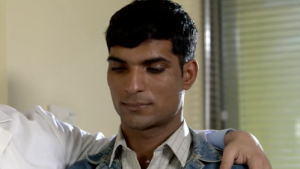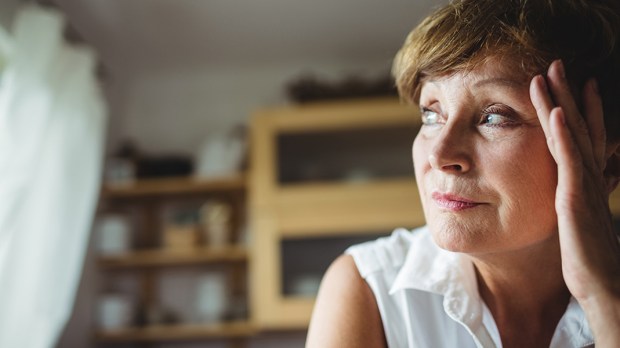I was talking recently with a friend I admire, and found the courage to admit something I’d been sitting on for years. “I think I’m a misogynist,” I almost whispered. “I mean, I don’t believe that women are inferior, but I tend to associate femininity with weakness, sentimentality, and imprecise thinking.” I’m appalled at myself, since the list couldn’t be farther from what I profess.
I thought my friend might say “Whoa, where did that come from?” But instead, she sighed, and said, “Me too.”
Have you ever found in yourself a defect so terrible that you couldn’t bring yourself to even talk about it? Not all flaws are like this. Impatience, laziness, rudeness, and the like are easy enough to joke about. But there’s one defect so terrible that it’s reserved for the evilest and vilest people among us: prejudice.

Read more:
Pope condemns prejudice and gossip, says we all need Christ’s light
Racism and sexism are popular examples, but prejudice against people based on their weight, looks, age, orientation, socio-economic status, level of education, choice of dress, religion, or culture fall into this category too. I don’t know a single person who’d say, “Oh, yeah, I don’t believe that uneducated people are trustworthy,” but I know firsthand that believing something and having a subtle, internalized attitude, are two different things.
That list of varieties of prejudice I just gave? I can’t think of a thing on there that I’m innocent of. Not by choice, but still — I have to admit how prone I am to make assumptions too quickly. It’s not because I’m an evil person; it’s because I’m an ordinary person. Prejudice is ordinary. It’s not any less sinful or unjust for being common, but it’s crucial to understand how widespread it is.
Did you know that workers who weigh more receive fewer raises than their thinner colleagues?
That that it takes doctors, on average, longer to give women pain medication when they visit the Emergency Room?
That “African Americans receive 10 percent longer sentences than whites … for the same crimes“?
That having an accent affects how “cultured, intelligent, and competent” you seem to a potential employer?
I could go on and on. This is what everyday, ordinary prejudice looks like. It’s not because the biased parties are evil, necessarily. They’re most likely just unaware. If they knew, they might be just as horrified as we are.
We, as a society, clearly have a problem. And I know why we don’t like to talk about it. It’s because we’re so (rightly) horrified by the injustice of these assumptions, that we’ve pushed the labels “racist,” “sexist,” etc, as far from us as we can, onto our unequivocal enemies. Only they are guilty: the Nazis, the wife-beaters, the selfish, shallow CEOs who want to hire pretty secretaries. We’ve made it an issue of us vs. them, which conveniently absolves us of having to seek out discrimination in our own hearts.

Read more:
Video: This Will Make You Think Twice About Prejudice
But what if we start admitting that prejudice is common, that there are seeds of it in every human heart? What if we stop being afraid to talk about it? Then we have our work cut out for us. Yes, be appalled at your own knee-jerk judgments of people you know nothing about, but more than that, be aware. Don’t give in to the temptation to say, “Oh my gosh, that thought can’t possibly have been what it looked like. I’m not one of those people.”
What do we have to do then, to root out these hidden biases? Mainly just to stop denying they exist. If you don’t know, I recommend Harvard’s Project Implicit, a series of tests designed to show you your weak spots, with regard to a host of common stereotypes. But if you’re honest, and you pay attention, you’ll likely notice them on your own. Everything follows from the courage of deliberately seeking awareness. Unless you really don’t care about justice, unless you really do believe that your initial reaction to people is infallible, then you won’t be comfortable with your prejudice. You mind will make note of it, and next time it happens, you’ll be that much more likely to question whether you’re being fair.
When the world changes, it changes one person at a time, and we owe it to ourselves, our children, and the rest of society, to be that person. Facing up to our own bias is pretty uncomfortable, but the alternative is exponentially worse.

